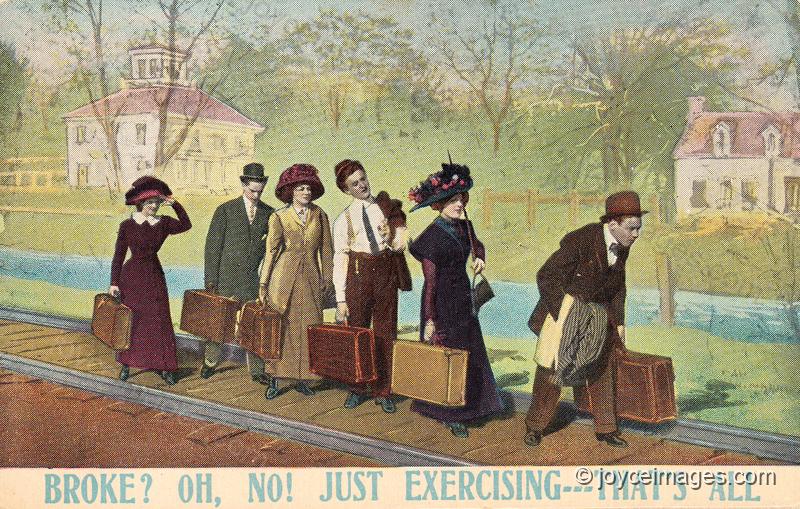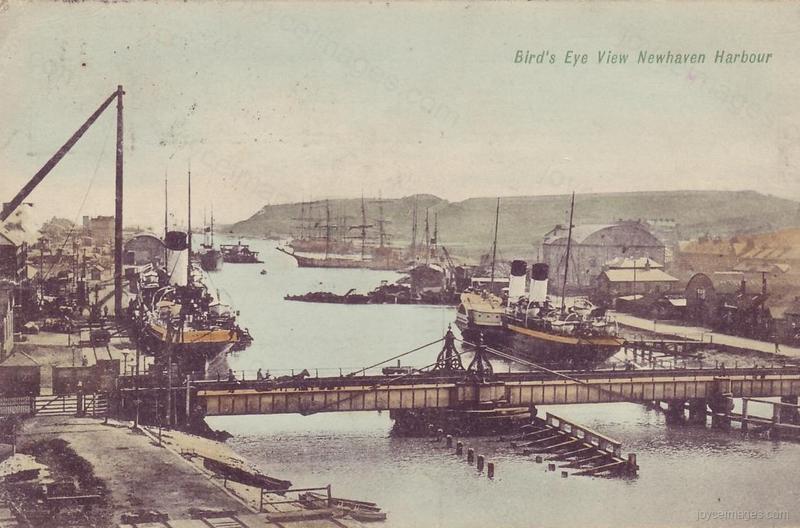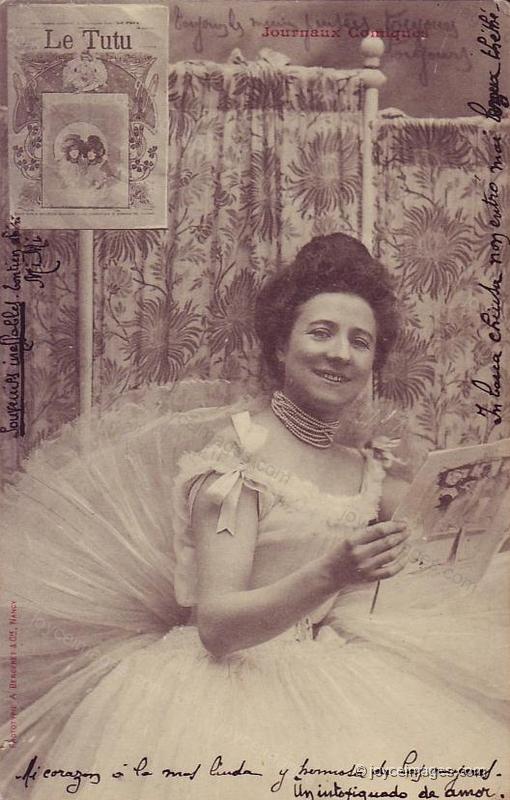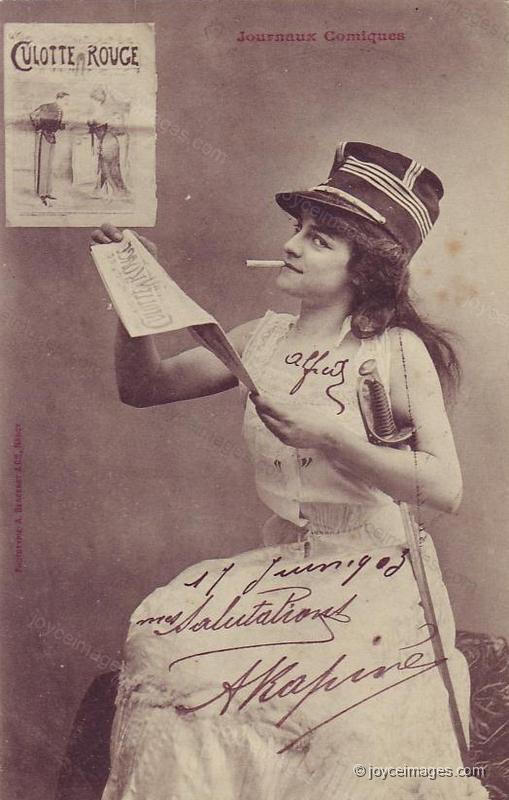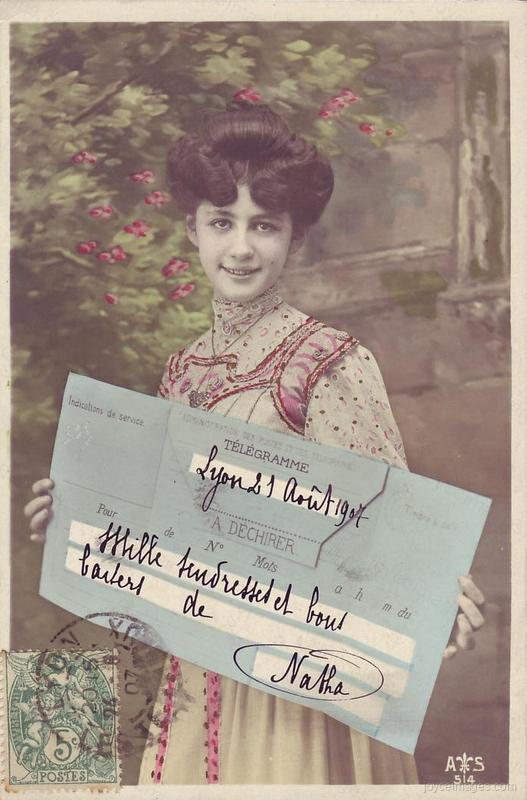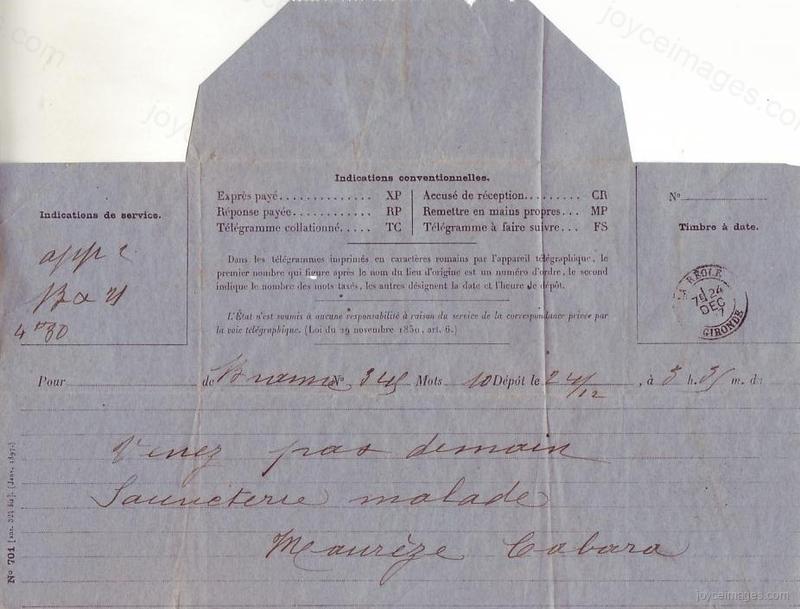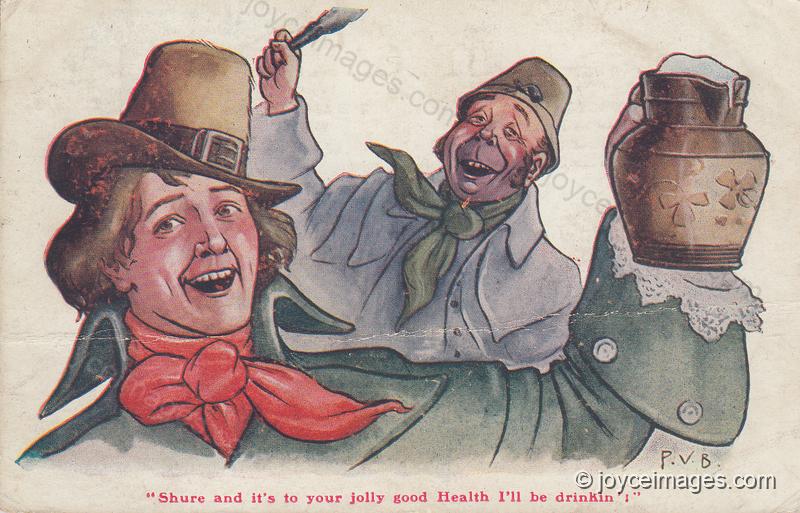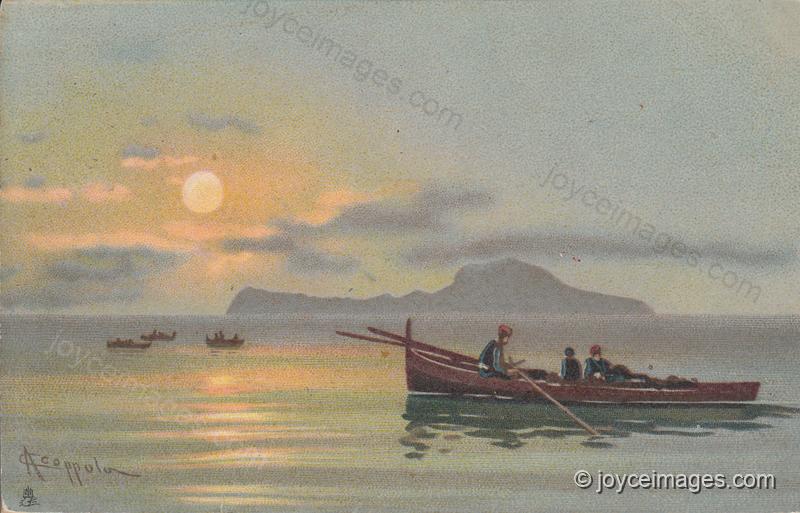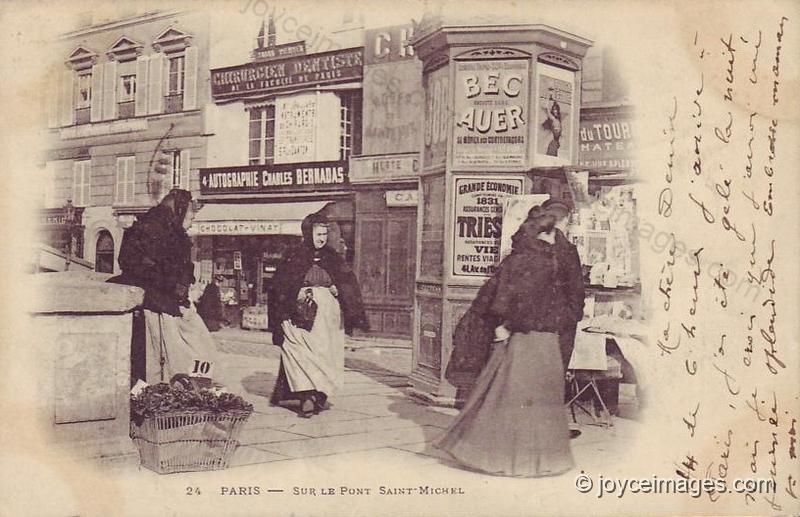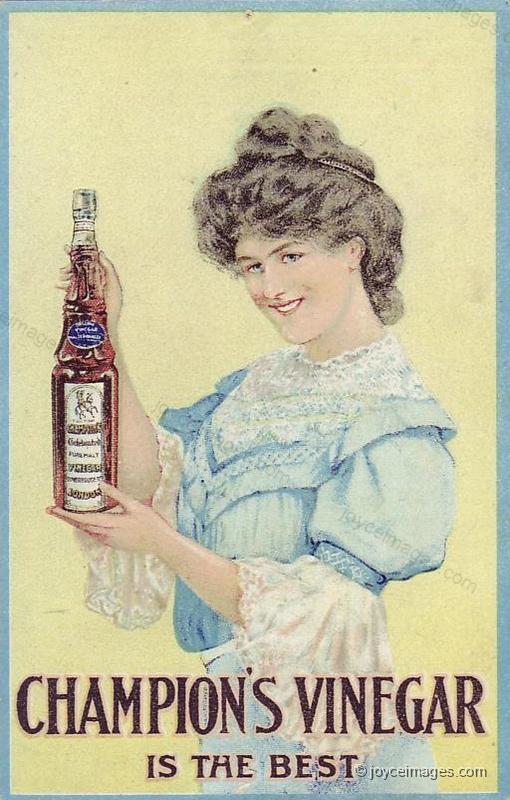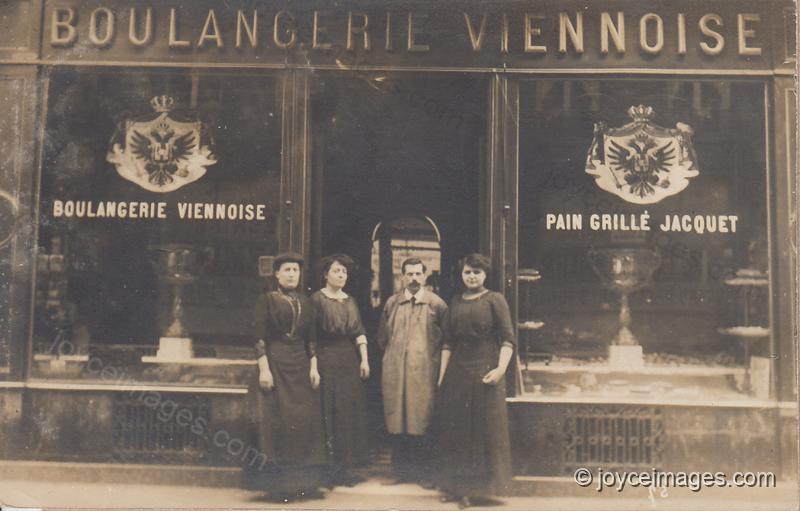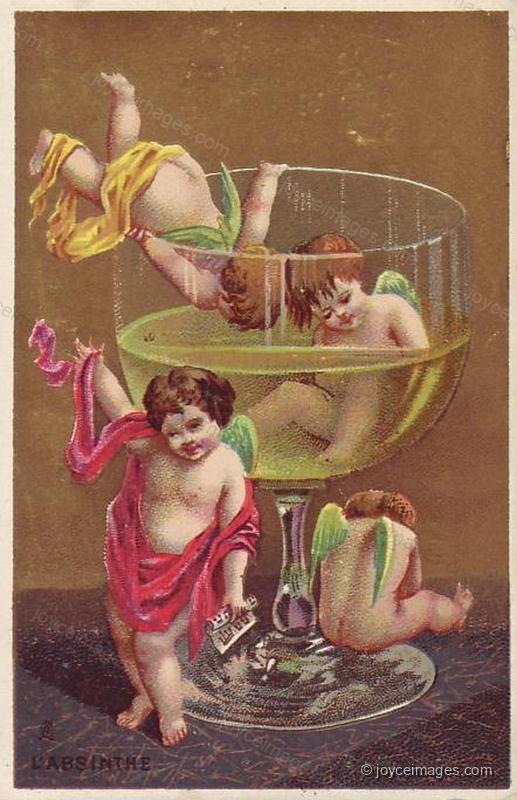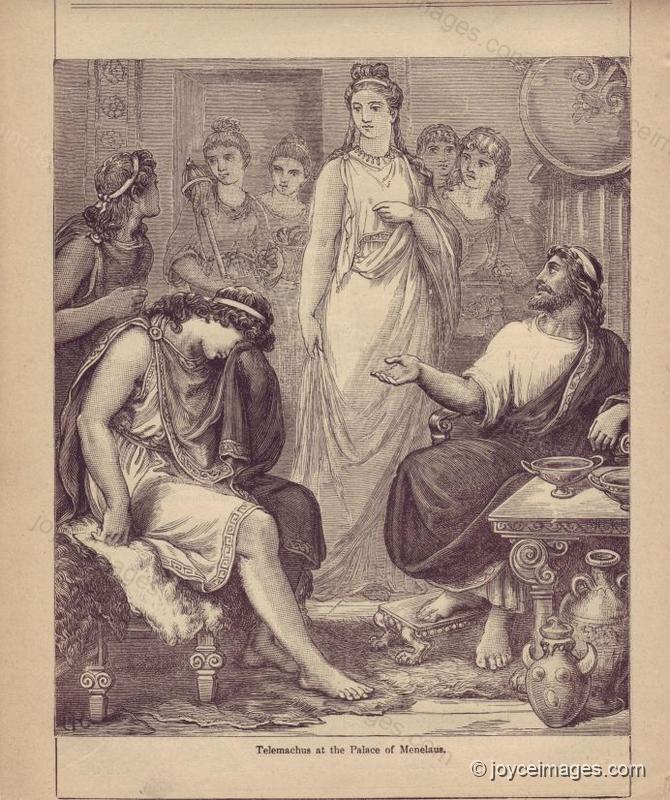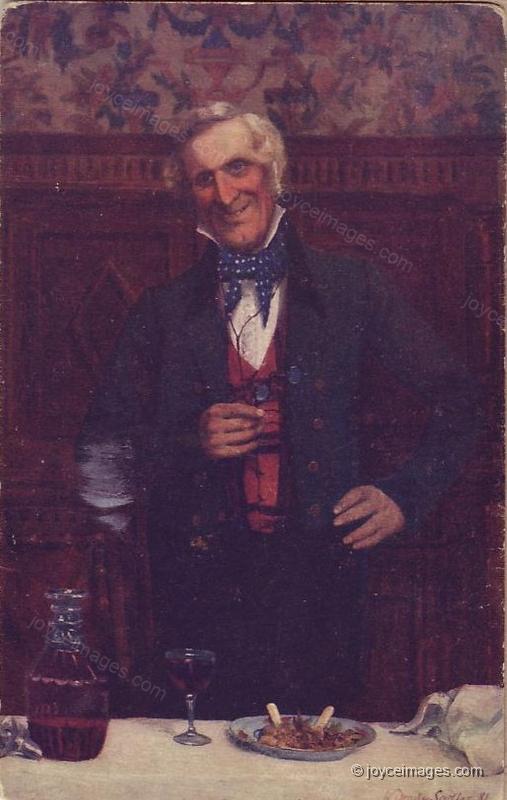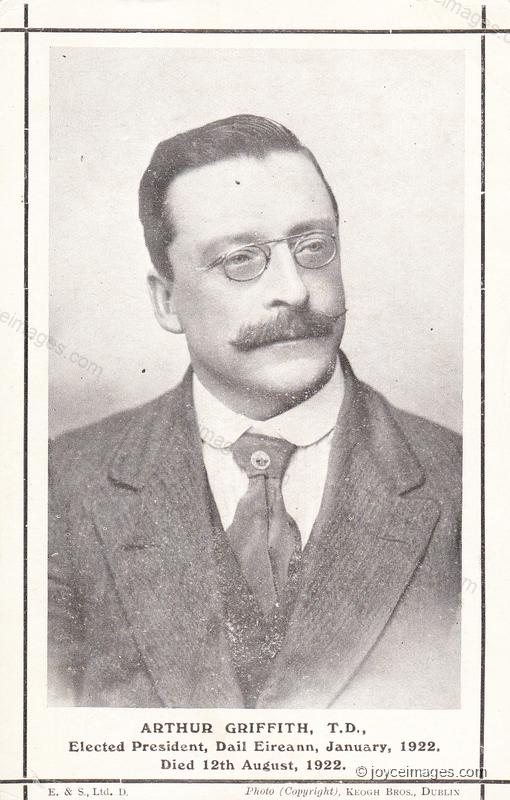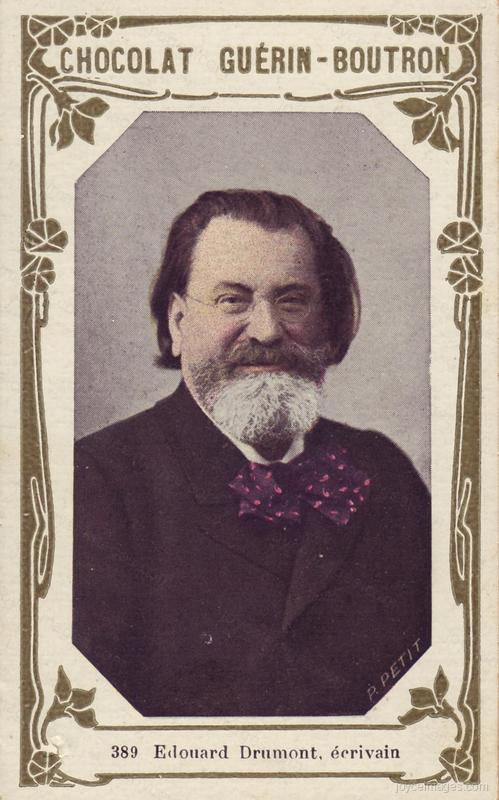"across the slimy pier at Newhaven. Comment?" (U3.195)
Going to France, Stephen took a steamer boat from Newhaven (England) to Dieppe (France), then a train to Paris. This service was run by the London, Brighton & South Coast Railway company.
Going to France, Stephen took a steamer boat from Newhaven (England) to Dieppe (France), then a train to Paris. This service was run by the London, Brighton & South Coast Railway company.
"- Nother dying come home father.
The aunt thinks you killed your mother. That's why she won't." (U3.199)
This is a blue French telegram from 1907: "Do not come tomorrow, Sauveterre sick." Cost depended on the word count, and was paid by the sender. The printed information includes 'The State assumes no reponsibility [for mistakes], due to the private nature of correspondence by telegraph' (Law of November 29, 1850, article 6).
The aunt thinks you killed your mother. That's why she won't." (U3.199)
This is a blue French telegram from 1907: "Do not come tomorrow, Sauveterre sick." Cost depended on the word count, and was paid by the sender. The printed information includes 'The State assumes no reponsibility [for mistakes], due to the private nature of correspondence by telegraph' (Law of November 29, 1850, article 6).
"Then here's a health to Mulligan's aunt
And I'll tell you the reason why.
She always kept things decent in
The Hannigan famileye." (U3.201)
And I'll tell you the reason why.
She always kept things decent in
The Hannigan famileye." (U3.201)
"His feet marched in sudden proud rhythm over the sand furrows, along by the boulders of the south wall. He stared at them proudly, piled stone mammoth skulls. Gold light on sea, on sand, on boulders. The sun is there, the slender trees, the lemon houses." (U3.205)
"Paris rawly waking, crude sunlight on her lemon streets. Moist pith of farls of bread, the froggreen wormwood, her matin incense, court the air. Belluomo rises from the bed of his wife's lover's wife," (U3.209)
"In Rodot's Yvonne and Madeleine newmake their tumbled beauties, shattering with gold teeth chaussons of pastry, their mouths yellowed with the pus of flan breton. Faces of Paris men go by, their wellpleased pleasers, curled conquistadores." (U3.212)
Not Rodot's, but a same era Paris pastry shop.
Not Rodot's, but a same era Paris pastry shop.
"Noon slumbers. Kevin Egan rolls gunpowder cigarettes through fingers smeared with printer's ink, sipping his green fairy as Patrice his white." (U3.216)
"About us gobblers fork spiced beans down their gullets. Un demi setier! A jet of coffee steam from the burnished caldron. She serves me at his beck. Il est irlandais. Hollandais? Non fromage. Deux irlandais, nous, Irlande, vous savez? Ah oui! She thought you wanted a cheese hollandais." (U3.218)
The Linati scheme for Proteus includes the correspondance Kevin Egan - Menelaus. Menelaus was king of Sparta, son of Atreus, brother of Agamemnon, husband of Helen, and a major protagonist in the Trojan War. He is depicted by Homer as a wise leader and a brave fighter, with a tendency to rattle off vacuous clichés. This engraving (1886) shows Telemachus as a guest in the Palace of Menelaus.
The Linati scheme for Proteus includes the correspondance Kevin Egan - Menelaus. Menelaus was king of Sparta, son of Atreus, brother of Agamemnon, husband of Helen, and a major protagonist in the Trojan War. He is depicted by Homer as a wise leader and a brave fighter, with a tendency to rattle off vacuous clichés. This engraving (1886) shows Telemachus as a guest in the Palace of Menelaus.
"Your postprandial, do you know that word? Postprandial. There was a fellow I knew once in Barcelona, queer fellow, used to call it his postprandial. Well: slainte! Around the slabbed tables the tangle of wined breaths and grumbling gorges. His breath hangs over our sauce stained plates, the green fairy's fang thrusting between his lips." (U3.222)
"Of Ireland, the Dalcassians, of hopes, conspiracies, of Arthur Griffith now, A E, pomander, good shepherd of men. To yoke me as his yokefellow, our crimes our common cause. You're your father's son. I know the voice. His fustian shirt, sanguineflowered, trembles its Spanish tassels at his secrets." (U3.226)
"M. Drumont," (U3.230)
Edouard Drumont (1844 - 1917) was a French writer and journalist. Catholic and nationalist, he was known for his rabid antisemitism, and reached the peak of his notoriety during the Dreyfus affair. Drumont wrote several books. His early ones were non-political, such as Les Fetes nationales a Paris (1878), Mon Vieux Paris (1878), and Le Dernier des Trémolin (1879). Later ones expressed his political views such as La France Juive (1886) and De l'Or, de la Boue, du Sang (1896). Drumont had a brief political career. In 1898, he was elected Deputy, and became the self-proclaimed leader of the anti-Jewish party. He sought reelection in 1902, was defeated, and returned to writing and journalism.
Edouard Drumont (1844 - 1917) was a French writer and journalist. Catholic and nationalist, he was known for his rabid antisemitism, and reached the peak of his notoriety during the Dreyfus affair. Drumont wrote several books. His early ones were non-political, such as Les Fetes nationales a Paris (1878), Mon Vieux Paris (1878), and Le Dernier des Trémolin (1879). Later ones expressed his political views such as La France Juive (1886) and De l'Or, de la Boue, du Sang (1896). Drumont had a brief political career. In 1898, he was elected Deputy, and became the self-proclaimed leader of the anti-Jewish party. He sought reelection in 1902, was defeated, and returned to writing and journalism.
